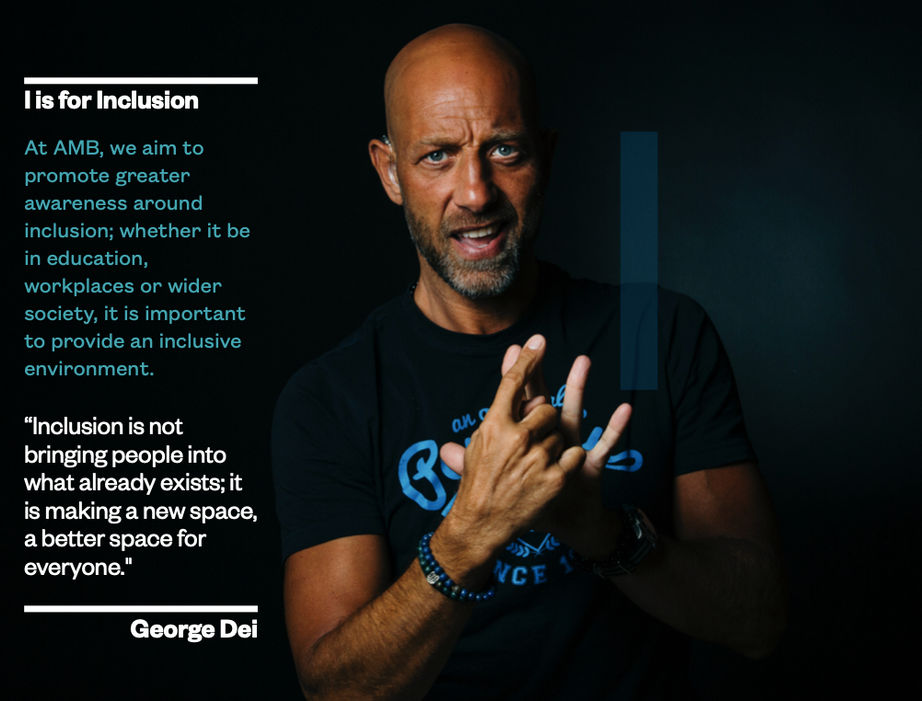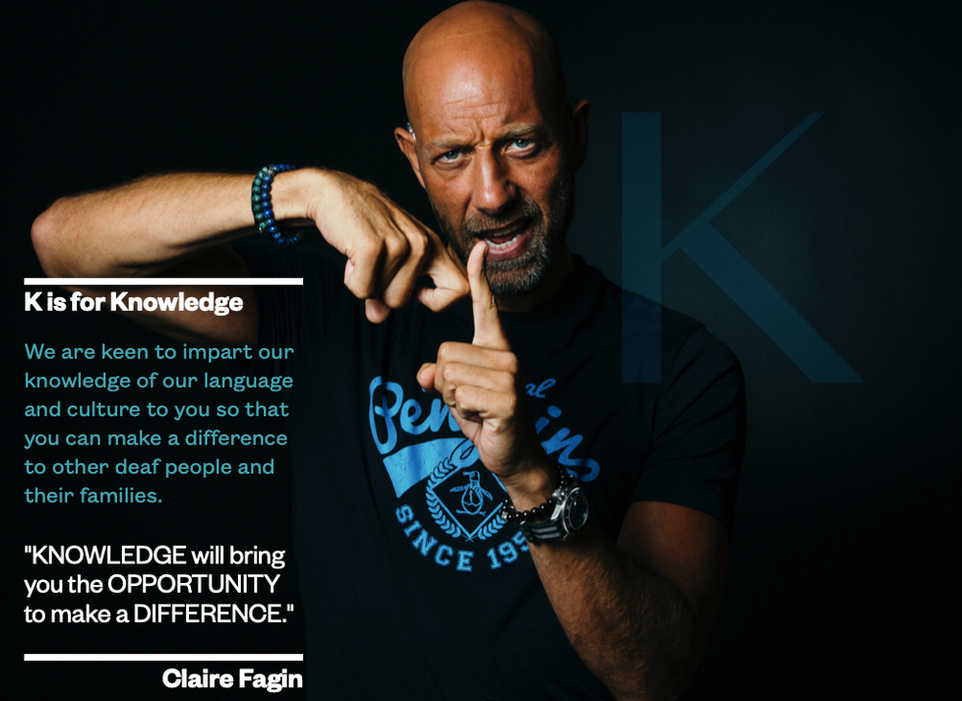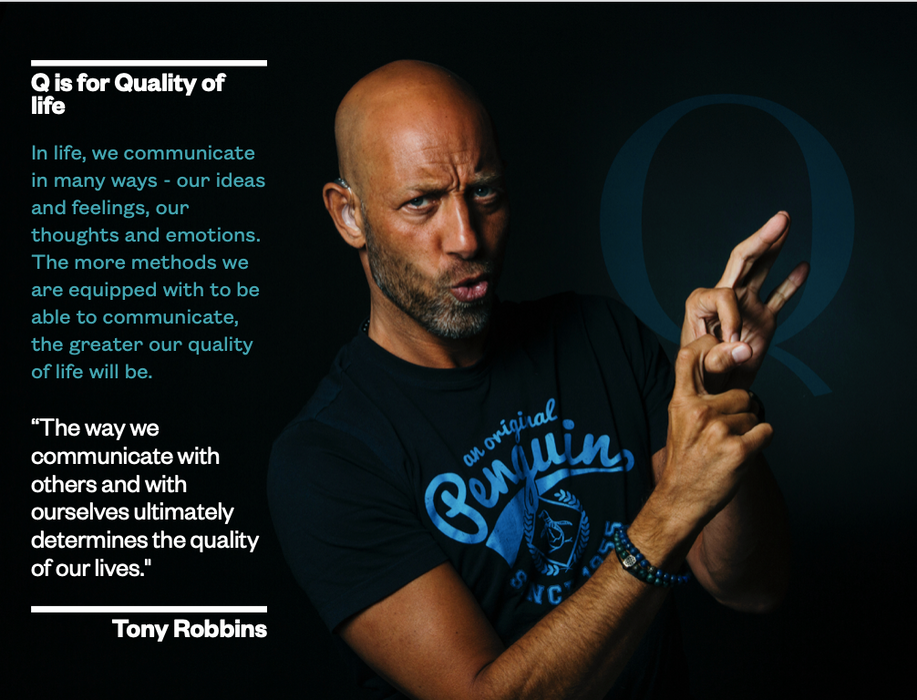
Providing
Accessibility
Facts and Figures 2019



In the UK, approximately 11 million individuals experience hearing loss, which constitutes about 22% of the population, or 1 in every 6 people.
There are over 150,000 sign language users in the UK.
By 2035, it is estimated that the number of people with hearing loss in the UK will surpass 15 million, meaning one in every 5 individuals will be affected.
More than 40% of deaf and hard of hearing people in the UK suffer from mental health issues, especially depression and anxiety. These issues are made worse due to difficulty in accessing support and services as a result of communication barriers.
Deaf individuals often encounter limited educational opportunities, leading to restricted English literacy skills. Most Deaf individuals require assistance with official forms and written communication.
They often experience feelings of isolation and frustration when trying to access council services. Deaf users have expressed a strong desire for 'improvements in communication access and access to information,' and they have voiced their frustration at the continued failure of public services to take responsibility for providing these essential services. For more information, you can refer to the British Deaf Association's 2014 report."

Providing Accessibility
Accessibility means that the information a user needs should be perceivable and understandable to them.
The lack of awareness about people with different ranges of abilities and limitations regarding sight, hearing, physical ability, and literacy levels is the primary reason things become inaccessible and discriminatory. Increasing awareness is one of the most crucial tools in ensuring accessibility for all

Why Accessibility Matters
At AMB, we recognise the critical importance of accessibility for all. For Deaf individuals, seamless access to public services is often hindered by the need to book a British Sign Language (BSL) interpreter, causing delays in receiving essential services.
We offer a solution.
Our customised BSL training courses empower your frontline staff to communicate effectively with Deaf service users. Equipping your team with the basics of BSL and insights into Deaf culture ensures swift and efficient handling of inquiries. With our training, your employees can bridge the communication gap, offering immediate assistance until an interpreter is available.
By investing in our courses, your organisation not only enhances customer service for Deaf users but also significantly reduces accessibility costs. We provide comprehensive support, ensuring your services are fully accessible to Deaf and Hard of Hearing individuals.
At AMB, we understand that British Sign Language is more than just a language; it is a vital expression of Deaf identity. Join us in fostering inclusivity and creating a world where everyone has equal access to essential services.

























